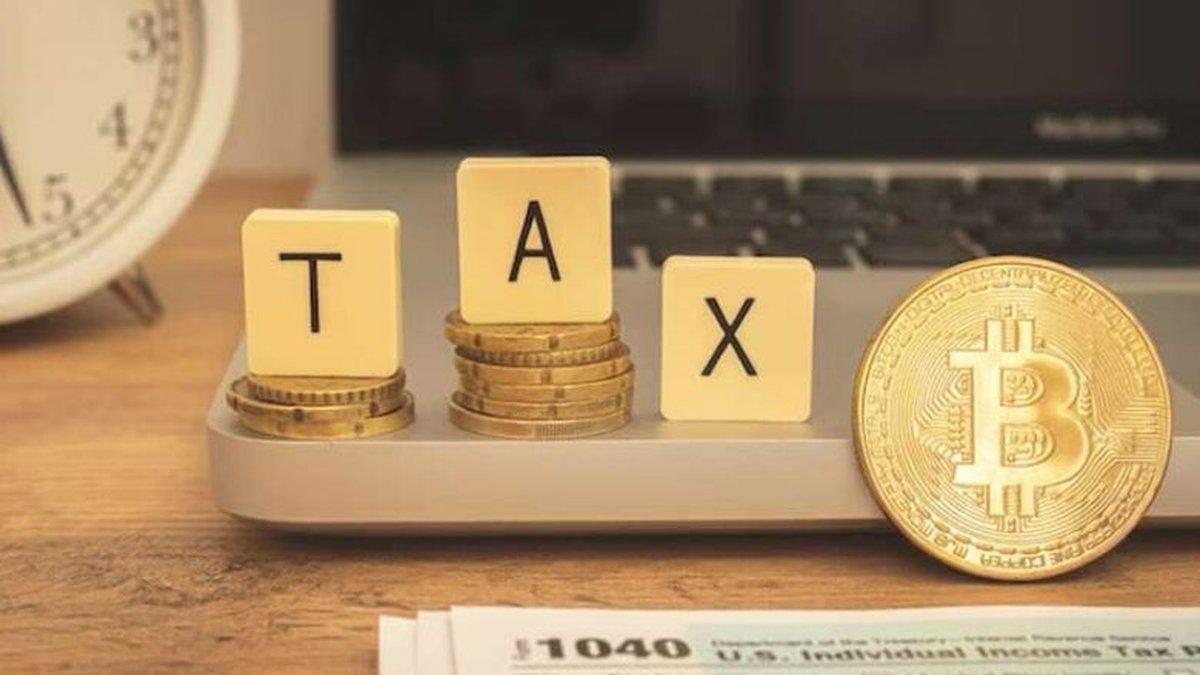How to Minimize Crypto Taxes Legally: Smart Strategies for 2025
With the explosive growth of cryptocurrency markets, many investors have reaped substantial profits — and with those profits come tax obligations. Understanding how to minimize crypto taxes legally is essential for anyone trading, staking, or earning from digital assets. Unlike traditional investments, crypto taxation is complex, as each transaction can trigger taxable events. However, with careful planning and adherence to tax laws, you can optimize your tax position and retain more of your gains.
Understanding Crypto Taxation
Most jurisdictions treat cryptocurrencies as property or digital assets, meaning each transaction can be subject to capital gains tax. Whether you sell, trade, or use crypto to pay for goods and services, these are considered taxable events. Even earning crypto through staking, airdrops, or mining can result in income tax liabilities.
To effectively minimize taxes, you must first understand the core principles of crypto taxation:
- Capital Gains Tax: Applied when selling or exchanging crypto at a higher price than its cost basis.
- Short-Term vs. Long-Term Gains: Holding assets for over one year usually qualifies for lower long-term tax rates.
- Income Tax: Applied to earnings from mining, staking, airdrops, and interest from DeFi protocols.
- Loss Offsetting: Losses from trades can often offset gains in the same tax year.
Knowing these basics allows investors to develop strategies that reduce taxable income while staying compliant with the law.
Legal Strategies to Minimize Crypto Taxes
Reducing your crypto tax burden is not about hiding transactions — it’s about applying smart, legitimate tactics to take advantage of legal deductions and timing opportunities.
1. Hold Long-Term to Benefit from Lower Tax Rates
In many countries, holding assets for more than 12 months qualifies you for long-term capital gains tax, which is often significantly lower than short-term rates. By strategically holding your investments, you can reduce the percentage of taxes owed when selling.
2. Harvest Tax Losses
Tax-loss harvesting involves selling assets that have declined in value to realize a loss, which can offset capital gains from other investments. This can substantially reduce your taxable income. After harvesting, you can repurchase similar assets (following local wash-sale rules) to maintain portfolio exposure.
3. Use Crypto-Friendly Accounting Tools
Manually tracking every transaction can be overwhelming. Platforms like Koinly, CoinTracker, and TokenTax automatically calculate gains, losses, and income, helping you stay compliant and identify potential deductions.
4. Consider Gifts and Donations
In some jurisdictions, gifting crypto to family members or donating to registered charities can provide tax benefits. Charitable donations may be deductible, and gifts below a certain threshold may avoid taxation altogether.
5. Relocate or Use Jurisdictions with Favorable Tax Rules
Some countries such as Portugal, Singapore, or El Salvador have lenient or zero capital gains tax policies for crypto. Relocating or setting up a legal entity in such jurisdictions can drastically reduce your tax obligations — but always consult a tax advisor before making such a move.
6. Leverage Retirement and Tax-Advantaged Accounts
In some regions, you can hold cryptocurrencies in retirement or tax-advantaged accounts like IRAs (in the U.S.), allowing tax-deferred or tax-free growth. Using these accounts can help minimize immediate tax liabilities while compounding long-term gains.
7. Optimize Staking and DeFi Rewards
Earnings from staking, yield farming, or DeFi lending are typically taxed as income when received. You can plan the timing of withdrawals to align with lower income years or reinvest rewards in ways that defer recognition.
Common Mistakes to Avoid
Even with the best intentions, many crypto investors make costly mistakes when managing taxes:
- Ignoring Taxable Events: Every trade or conversion, even between coins, can be taxable.
- Not Keeping Detailed Records: Lack of documentation can lead to inaccuracies or penalties during audits.
- Overlooking International Reporting: If you use offshore exchanges or wallets, you may still be required to report them.
- Misclassifying Income: Treating mining income as capital gains instead of earned income can trigger penalties.
Avoiding these errors and maintaining transparent records ensures full compliance while protecting you from audits.
Comparing Strategies: Individual vs. Business
If you actively trade or run a crypto-related business, consider whether operating as a business entity (such as an LLC or corporation) could be beneficial. Businesses may access additional deductions, write-offs, and deferment options unavailable to individuals. However, this comes with added complexity and administrative requirements.
When to Consider Incorporation
You may benefit from forming a legal entity if:
- You execute frequent trades or manage multiple clients’ funds.
- You operate a mining or staking business at scale.
- You want liability protection and structured accounting.
Always consult a tax professional experienced in crypto to evaluate whether this path suits your goals.
Record-Keeping and Documentation
Accurate record-keeping is the foundation of legal tax minimization. Keep a comprehensive log of every crypto transaction, including:
- Date, time, and type of transaction
- Purchase and sale prices
- Wallet addresses and exchange used
- Fees paid
- Purpose (investment, purchase, gift, etc.)
Proper documentation not only simplifies annual filings but also serves as protection in case of audits or disputes.
Outlook for 2025 and Beyond
As global regulators tighten oversight, crypto tax reporting is becoming more sophisticated. Many exchanges are integrating automatic tax forms, and governments are enforcing stricter disclosure rules. Investors who stay proactive and compliant will avoid penalties while taking advantage of evolving opportunities.
Emerging technologies such as decentralized identity and on-chain reporting could further streamline compliance. The future will reward those who integrate strategic tax planning into their overall investment strategy.
Conclusion
Minimizing crypto taxes legally isn’t about evading responsibility — it’s about making informed, strategic decisions that align with the law. By understanding taxable events, leveraging deductions, harvesting losses, and using tax-advantaged structures, you can preserve more of your wealth. Always seek advice from qualified tax professionals who understand digital assets to tailor a plan suited to your unique situation.
Further Reading and Resources
Crypto | Signals | Crypto Exchanges
Frequently Asked Questions
Do I owe taxes on every crypto trade? Yes, most trades are taxable events, including coin-to-coin exchanges. Each trade should be reported with accurate cost basis and fair market value.
Can I avoid taxes by keeping crypto in my wallet? Simply holding crypto is not taxable. Taxes apply only when you sell, trade, or use crypto in transactions.
Are DeFi and staking rewards taxable? In most jurisdictions, yes. They’re typically treated as income at the time you receive them.
What happens if I fail to report crypto income? Non-compliance can lead to penalties, interest, or even legal action. Always report honestly and maintain accurate records.
Should I consult a tax advisor? Absolutely. A crypto-savvy tax professional can help identify deductions, optimize reporting, and ensure full legal compliance.





